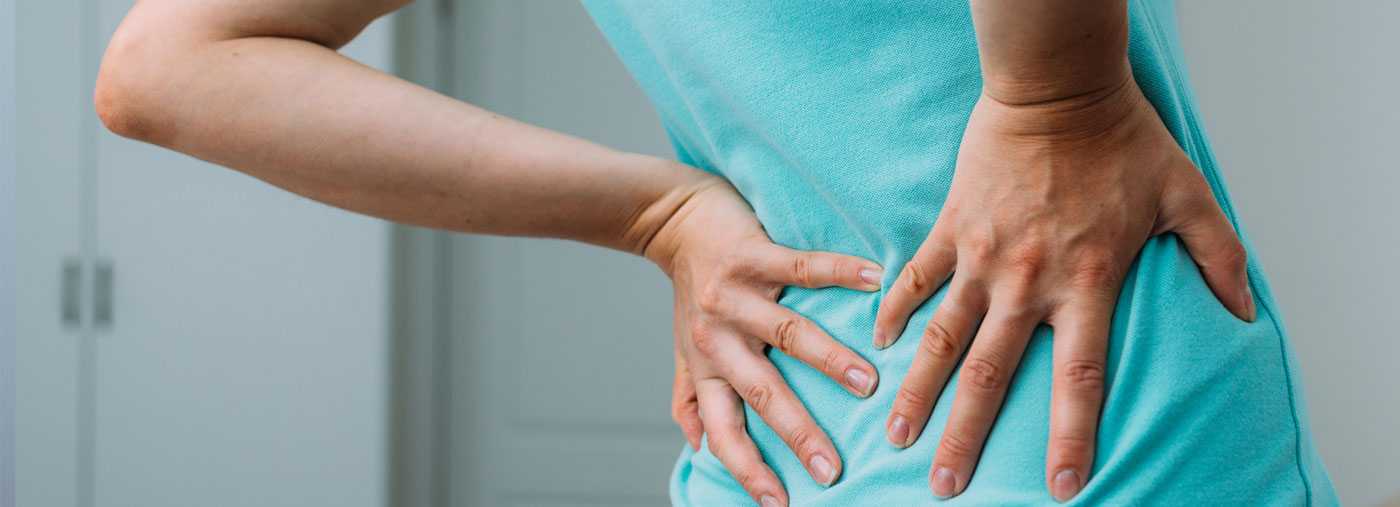Spinal Diseases
Spinal diseases constitute a group of disorders that can significantly impede patients' daily functioning. The most common initial symptom is pain in the spinal area, but spinal diseases are not limited to just pain in this area. Spinal disorders are often accompanied by radiating pain in other parts of the body (an example is sciatica), as well as movement dysfunctions and sensory disturbances caused by pressure on elements of the nervous system.
Spinal Diseases - Causes
- postural defects - congenital or acquired
- fractures,
- sedentary lifestyle,
- low physical activity,
- discopathy,
- overweight and obesity,
- wearing inappropriate footwear,
- osteoporosis,
- degenerative disease,
- intervertebral disc herniation,
- spondyloarthropathies - diseases characterized by symptoms of spinal joint inflammation with simultaneous inflammation of limb joints.
Common Spinal Diseases
Degenerative changes - deformations of vertebrae and intervertebral joints. The condition can occur in all sections of the spine. The characteristic symptom is painful sensations in the affected area, but with the progression of the disease, patients also experience stiffness of the spine, especially after prolonged sitting. Pain caused by degenerative changes can take two forms: local - only in the area of degeneration, and radiating - pain radiates to surrounding body parts.
Discopathy - a disorder related to the intervertebral disc, commonly known as a disc. The disc is an elastic element whose task is to separate successive vertebrae of the spine. The most common symptoms of discopathy are severe pain, weakness of muscle strength, tingling, and numbness of limbs, and paralysis and sensory disturbances may also occur.
Spinal canal stenosis - the condition involves narrowing of the spinal canal due to progressive degeneration. Progressive spinal canal stenosis results in a reduction of free space in the spinal canal, which leads to pressure on the nerve tissues.
Spinal Diseases - Diagnosis, Treatment, and Rehabilitation
The treatment approach may vary depending on the diagnosed condition and the severity of its symptoms. Spinal pain undoubtedly requires prompt consultation with a specialist. Quick diagnosis helps to avoid prolonged and complex damage. Treatment may include pharmacotherapy, therapeutic blockade, or rehabilitation.
Have you got questions? Get in touch with us - 22 100 45 20 or 24 337 62 66.
The cost of the spinal diseases treatment and other services can be found in our price list.
